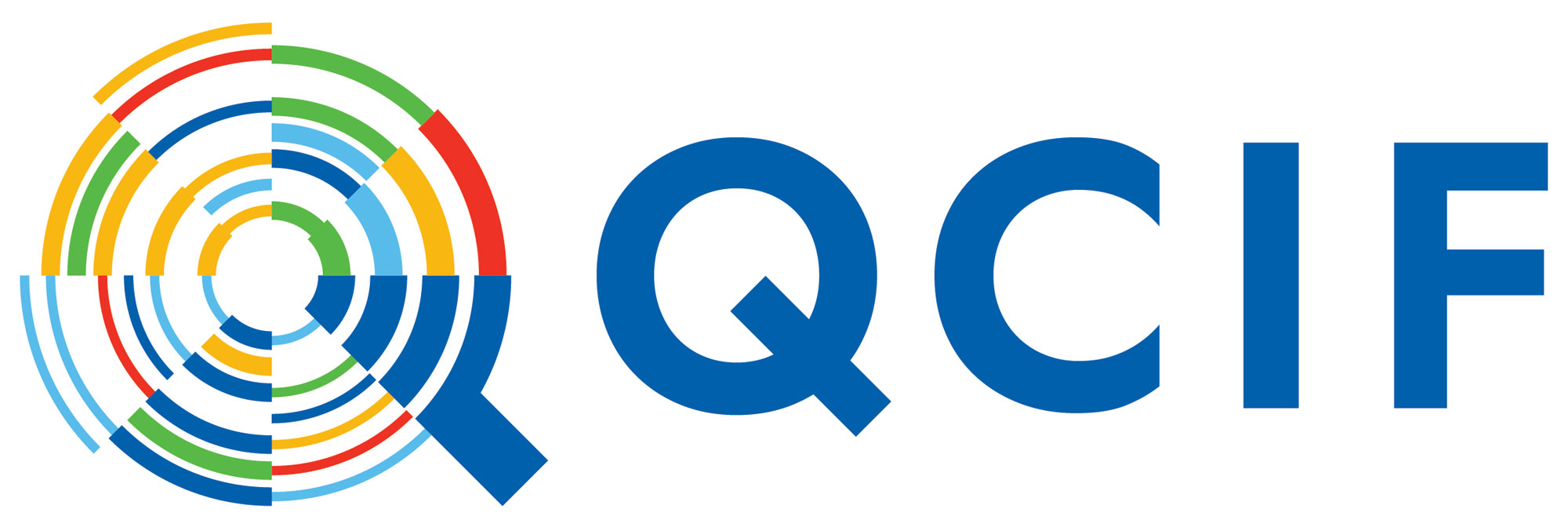How do over-the-counter sleep monitors compare to the tools used in a sleep laboratory?
That’s the question Queensland Health and University of Queensland respiratory and sleep physician Dr Claire Ellender aimed to answer in a research project comparing three consumer-grade sleep devices with polysomnography (PSG), the gold-standard measurement of sleep.
Claire, who is based at Brisbane’s Princess Alexandra Hospital, used QCIF Bioinformatics’ biostatistics consultancy service to help with her project and resulting paper.
“Sleep patients often come to my clinic with home devices that measure sleep, however for a number of these devices the accuracy had not been tested outside of young and fit people — not the cohort generally coming to see us in the specialist sleep clinic,” said Claire.
Her project tested the accuracy of three sleep devices (Jawbone U, Beddit and ResMedS+) compared with polysomnography (also known as a sleep study).
“I’d conducted this study a number of years ago as a junior clinician researcher with basic statistical knowledge, however without adequate biostatistical support, I had struggled to get this important research successfully through the peer review process,” said Claire.
In July 2020, she made initial contact with the Metro South Health Biostatistics Clinic, funded by Metro South Study, Education and Research Trust Account (SERTA) and provided by QCIF Bioinformatics. QCIF biostatistician Dr Farah Zahir was assigned to her project.
“Having Farah’s involvement in implementing the correct statistical tests to robustly answer my clinical/research question was ultimately what helped me achieve my goal of successfully getting this research through peer-review and published,” said Claire.
“Her involvement was multi-faceted — reassurance that our methodology and statistical tests were appropriate, she was able to suggest additional statistical methods to improve the quality of our analysis and had input into the interpretation of the results. This was invaluable! Our rebuttal to the peer review process was strengthened by her involvement.”
The manuscript that Claire and Farah worked on with four researchers from the Melbourne Sleep Disorders Centre (with Claire as lead author) was accepted in October this year and published online the following month in medical journal BMJ Open.
The project’s results showed poor to moderate agreement of each consumer-grade sleep device with PSG testing. The conclusion being that these devices provide some reliable information, but do not replace clinical evaluation and PSG sleep testing.
Claire recommends QCIF to other researchers. “QCIF Bioinformatics is a superb service for clinician researchers. We are experts in devising research and clinical questions, however for the majority of us, we are not experts in all components of research methodology or statistical planning and interpretation.
“There is so much science now in the literature where incorrect analysis has been undertaken due to lack of biostatistical input. The QCIF service ensures that clinician researchers are able to answer their questions with confidence that the data has been collected and interpreted to extremely high standards. It also reduces time wasted through peer review, which is an important but stressful experience.”
Farah added: “Helping clinicians and researchers with research methodology and appropriate statistical methods is what makes our work exciting. I enjoyed working on the Sleep Study project because of the practical implications of this study and the methods of analyses. Getting it published in BMJ Open was an added bonus.”
QCIF has Biostatistics and Bioinformatics Clinics at six locations in Queensland and is also available — for free — to all research staff and Higher Degree Research students at QCIF Member universities who need help with research projects, publications or upcoming grant applications.


